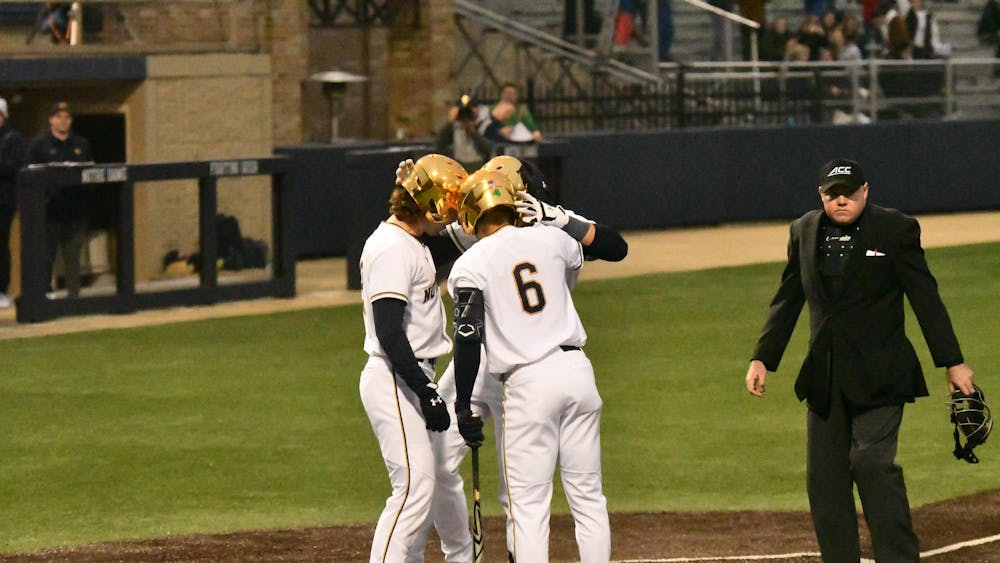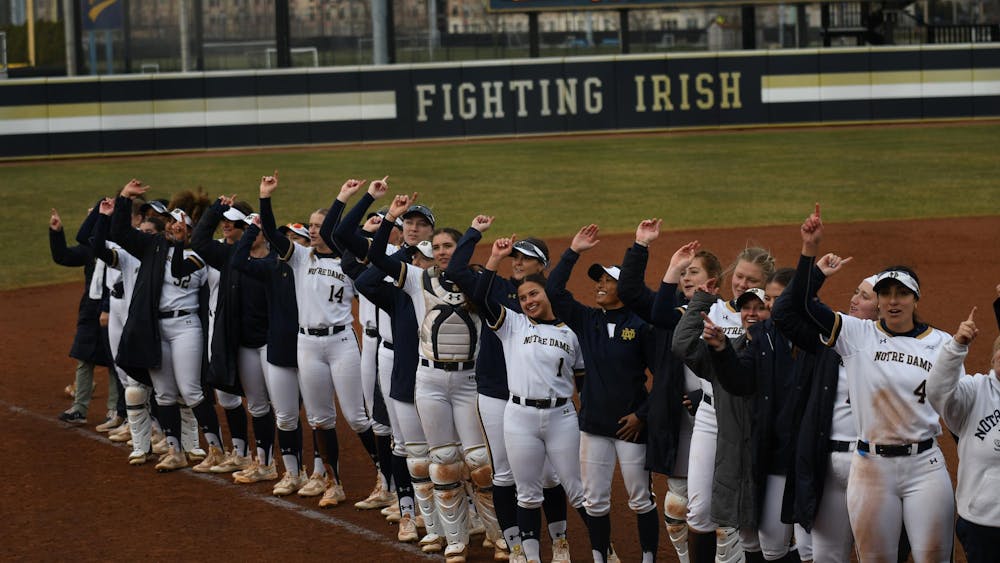I have a confession: I don’t like Derek Jeter.
This one simple sentence is tantamount to blasphemy in what can only be called the Year of Jeter in baseball. Every time the Yankees visit a stadium, the retiring shortstop is showered with praise and gifts by the opposing organization. New York will play the last three weeks of the season wearing commemorative patches celebrating his career.
So I know what I’m getting myself into. Let me start by saying that yes, Jeter ranks very high in many statistical categories. The man has 3,450 hits and counting and a career batting average of .310. So, there’s no disputing that he is talented hitter.
I would argue that his play defensively is vastly overrated, something that sabermetrics confirms. He has won five Gold Gloves, but his defensive wins above replacement (WAR) average is slightly below zero, meaning that his defense is comparable or even worse than that of a Triple-A player.
But of course, the main reason I don’t like Derek Jeter has more to do with me and less to do with him. You see, I’ve been an Orioles fan since birth, and one of the earliest things I learned about as a fan was the infamous Game One of the 1996 American League Championship Series, when some kid named Jeffrey Maier reached over the railing in the outfield of Yankee Stadium and caught a Derek Jeter fly ball. What should have been just another out instead became a game-tying home run.
The Orioles would go on to lose the game and the series. After one more divisional title in 1997, Baltimore would embark on a streak of 15 straight losing seasons. It wasn’t Jeter’s fault that Maier caught his fly ball, and the Orioles had to lose two more games before they were eliminated, but for any Baltimore fan, that moment is a seminal one in team history.
So as I grew up and watched as Jeter and the Yankees competed for World Series rings, while my beloved O’s languished in fourth place or worse year after year, I came to associate Jeter with all my baseball misery.
Which brings us to the present day. Now that Jeter is retiring, people have asked me if I really don’t like him, or at the very least, respect him.
I don’t like Jeter or respect him all that much either. At the same time, I can recognize it is strange that I can say that about a person I’ve never actually met and know very little about.
That’s both the best and worst part of being a sports fan. People you have no personal connection to can become good friends just because you both happen to wear your team’s jersey on the same day. You can also have an irrational dislike of a professional athlete because, darn it, he ruined your chance for a title. I wasn’t even two years old when Jeffery Maier broke Baltimore’s heart, but Derek Jeter, for me, is less a person and more a symbol for all the frustration that builds up when we’re invested in sports.
This attitude was perfectly summed up when a reporter asked Baltimore manager Buck Showalter what he thought the Orioles should give Jeter during his final series at Camden Yards. Showalter joked that he would give him a photograph of the home run, signed by all the Orioles.
I don’t doubt that Buck recognizes Jeter’s place in baseball history, but at the same time, I love that he gets it. He understands that in Baltimore, even 18 years later, we still haven’t forgotten.
The irony of all this is that the year Jeter retires is also the year the Orioles have their best chance since 1997 to win a division title. In a way, it would be fitting for the O’s to finally overcome their past disappointments the same year Jeter steps off the field. It would be fitting for this year’s team to make new memories to wash away the old ones.
18 years from now, I don’t hope that Orioles fans still dislike Derek Jeter. I hope we’ve had enough good times to move past the bad. 18 years from now, Jeter will be in the Hall of Fame, and I won’t think about him that much. When I do, I hope enough time will have passed that I won’t think of 1996 and what could have been.
Until then, I think Buck has the right idea.













